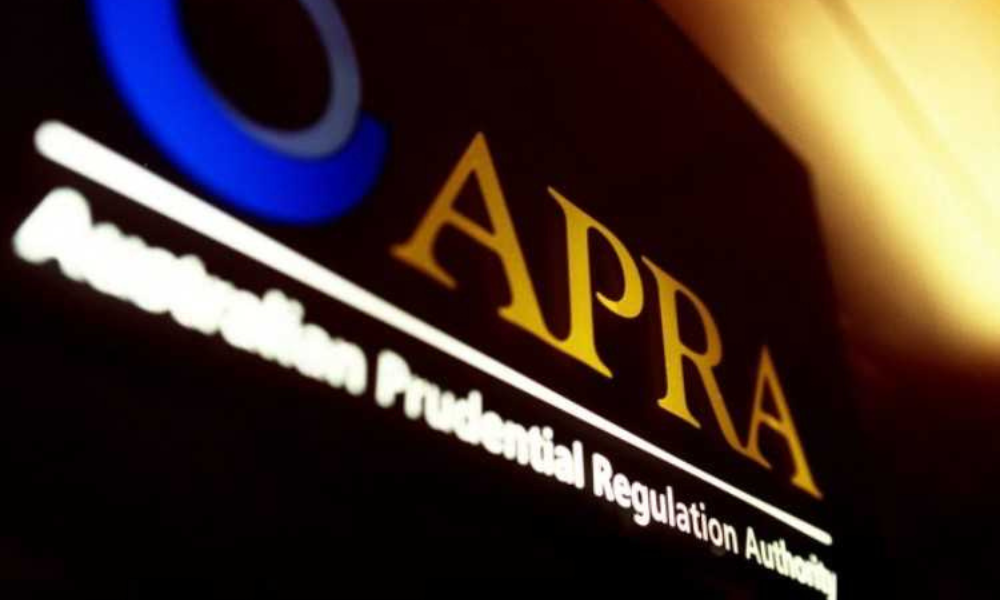A Guide for Investment Property Owners
As the end of the financial year (EOFY) approaches, it's an ideal time for investment property owners to take stock of their portfolio, ensure their financial records are in order, and maximise their potential tax benefits. Whether you own one property or a portfolio of rentals, being prepared can make the EOFY process smoother and potentially more rewarding.
1. Organise Your Financial Records
Having detailed and accurate records is key to a successful EOFY. Ensure you have:
-
Rental income statements from your property manager - Tomoro will email this at EOFY
-
Invoices and receipts for maintenance, repairs, and improvements
-
Records of insurance premiums, council rates, and strata fees
-
Loan interest and bank fee statements
-
Depreciation schedules from a qualified quantity surveyor (if applicable)
A well-organised paper trail not only simplifies tax time but also helps ensure you don’t miss out on legitimate deductions.
2. Understand What You Can Claim
One of the advantages of owning an investment property is the range of tax deductions available. These can include:
-
Property management fees
-
Advertising for tenants
-
Maintenance and repairs (not improvements)
-
Loan interest
-
Depreciation on the building and assets
-
Legal and accounting costs
-
Landlord insurance
It's important to differentiate between capital improvements (which are depreciated over time) and repairs (which are usually immediately deductible).
3. Review Your Depreciation Schedule
If your property is eligible, a tax depreciation schedule can be a valuable tool to reduce your taxable income. This report outlines the wear and tear on your property and its fixtures and fittings, allowing you to claim depreciation annually. If you haven’t obtained one, speak with a qualified quantity surveyor. We use and recommend BMT Tax Depreciation, conatct us and we can arrange this for you.
4. Assess Your Property’s Performance
EOFY is a strategic time to review the performance of your investment. Ask yourself:
-
Is the rental return meeting your expectations?
-
Are there ways to increase the rental yield?
-
Is your property underperforming compared to the local market?
Property managers can provide a rental appraisal to help you determine whether your current rent is competitive.
5. Consult with Your Accountant
Tax laws can change, and professional advice is key to ensuring compliance and maximising your return. A property-savvy accountant can help you:
-
Identify all available deductions
-
Decide on the best structure for your investment (individual, trust, company, etc.)
-
Plan ahead for upcoming financial years
6. Consider Prepaying Expenses
Some property investors choose to prepay certain expenses (such as insurance or loan interest) to bring forward deductions into the current financial year. This can be useful if you're expecting a higher taxable income this year compared to the next. Speak to your accountant before taking this step.
7. Stay Compliant with New Legislation
Make sure you’re up to date with any recent changes to property and tenancy laws, especially those that affect compliance or deductions. For Queensland property owners, this might include changes to rental reform legislation or minimum housing standards that could impact your obligations or eligible deductions.
Final Thoughts
EOFY can be a busy time, but it’s also a valuable opportunity to review, refine, and reinvest in your property goals. With the right preparation and expert guidance, you can maximise your investment property’s potential and start the new financial year with confidence.
If you're unsure about any aspect of EOFY preparation, or would like a rental appraisal or property performance review, our team at Tomoro is here to help.




